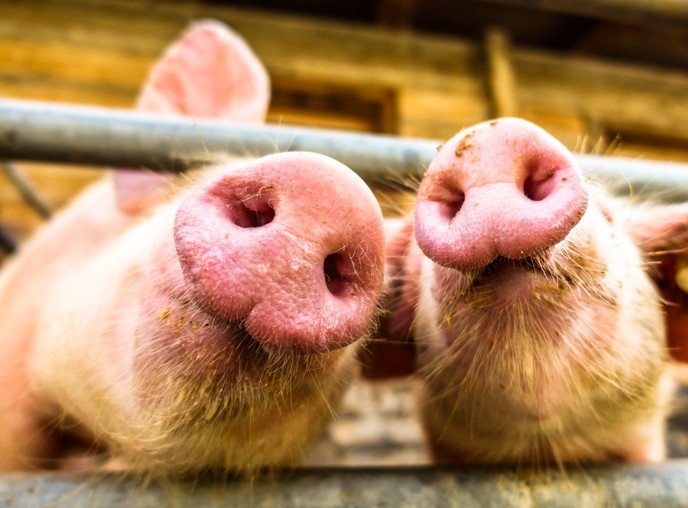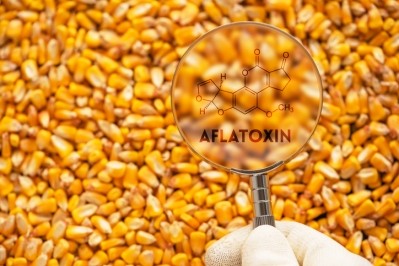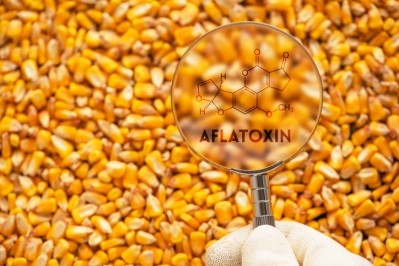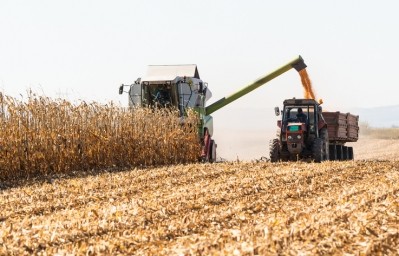Dispatches from One: The Alltech Idea's Conference
Spanish pig sector focusing on gut health

Diets, management and immunity need to be addressed in the process of developing a healthy gut and moving pig production away from the reliance on antibiotics, said Albert Uriol, veterinarian and professor at the University of Lleida.
He presented on efforts to address gut health in pigs stemming from efforts to reduce the reliance on antibiotic use during One: the Alltech Idea’s Conference last month in Lexington, Kentucky.
“It is possible to produce with less antibiotics [while] getting very good results,” he told us. “You need to have a very experienced veterinarian adviser to help the producers to do that.”
Production practices in Spain are changing to meet new regulatory and welfare requirements, he said. At the same time, the country also is continuing to produce more pigs using an integrated model and focus on the export market.
Previously, antibiotics could be used to avoid problems in production, he said during his talk. However, the change in regulation and the focus on reducing the use of antibiotics has increased the importance of addressing gut health and management practices.
“The first step is that the authorities establish a rule to reduce the use of antibiotics,” Uriol told us of the processes that have been put in place. “The second step is forbidding several antibiotics [that] we cannot use for animals. And the third one is the obligations of every drug used for animals must be prescribed by a veterinarian using an electronic receipt.”
Factors, challenges influencing gut health
Gut health has not been a practical measurement as work with areas like nutrigenomics and the microbiome have not been done in the field, said Uriol. Instead, there has been a focus on related areas like high productivity, absence of disease and good nutrient absorption.
Among the challenges that producers face in looking to support gut health and curb the reliance on antibiotics, is external biosecurity or feeding pigs as the majority of raw materials used in diets, like soybean-based ingredients, have to be imported, he said.
However, as products are imported, feed mills also have the ability to assess ingredients for quality and potential mycotoxin presence.
“Mycotoxins are a huge problem today in Spain – probably one of the most important problems,” he said.
Mycotoxins provide a challenge to gut health and efforts to control them as they move from field to feed mill to farm are ongoing, he added.
Research also is seeking to understand how mycotoxins are moving on the farm and manage their presence, he said.
Another area of focus for efforts to improve gut health is developing management for piglets, especially to ensure access to high-quality colostrum, Uriol said.
Practices can include separating piglets by size and testing colostrum quality.
The weaning period remains the most important time to build or maintain a healthy gut for pigs, he told us.
The two main issues that can develop include diarrhea and infection, the first may be easier to address using a feed additive or nutritional support, he said.
Internal biosecurity, or farm management, also has a role as piglets need a clean environment.
A series of feeding trials looking at the use of multiple feed or nutritional additives, including an extract from citrus aurantium (bitter orange), probiotics, supplemented colostrum and isotonic solutions found that they could provide a measure of support including in weight gain and decreased mortality to young animals in specific circumstances, he said.
Among the feed additives available to producers, prebiotics and probiotics provide the most promise, said Uriol. However, there also needs to be an awareness that swine nutrition continues to be important and that not all additives “are doing good work.”
Although antibiotics remain an important tool, they need to be used prudently and not to cover management problems, he said.















